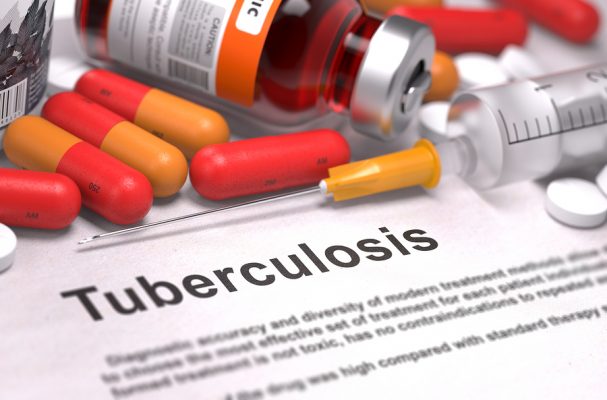The World Health Organization (WHO) has granted prequalification to the Xpert® MTB/RIF Ultra, a molecular diagnostic test for tuberculosis (TB) and antibiotic susceptibility. This marks a significant advancement in global TB care, being the first TB diagnostic test to meet WHO’s stringent prequalification standards for quality, safety, and performance.
Tuberculosis remains one of the deadliest infectious diseases, claiming over a million lives annually and imposing severe socioeconomic challenges, particularly in low- and middle-income countries. The early and accurate detection of TB, especially drug-resistant strains, is critical to combating the disease.
The Xpert® MTB/RIF Ultra, developed by Cepheid Inc., utilizes the GeneXpert® Instrument System to detect Mycobacterium tuberculosis in sputum samples. It provides results within hours and identifies genetic mutations linked to rifampicin resistance, a key marker for multidrug-resistant TB. This test is designed for patients who test positive for pulmonary TB and have not commenced or have received less than three days of anti-TB treatment within six months.
Dr. Yukiko Nakatani, WHO Assistant Director-General for Access to Medicines and Health Products, emphasized the milestone’s importance in supporting countries to scale up access to high-quality TB diagnostics. Similarly, Dr. Rogerio Gaspar, WHO Director for Regulation and Prequalification, highlighted the test’s role in promoting equitable access to advanced diagnostic technologies essential for TB care and prevention.
The WHO prequalification assures countries of the test’s quality and complements WHO’s broader strategy of improving accessibility and equity in TB diagnosis. This achievement was based on data from Cepheid and the regulatory review by Singapore’s Health Sciences Authority.
WHO is also evaluating seven additional TB diagnostic tests as part of its ongoing efforts to expand quality-assured diagnostic options and address the dual burden of TB and drug-resistant TB worldwide. This breakthrough is expected to significantly impact the timely diagnosis and treatment of TB, improving global health outcomes.


